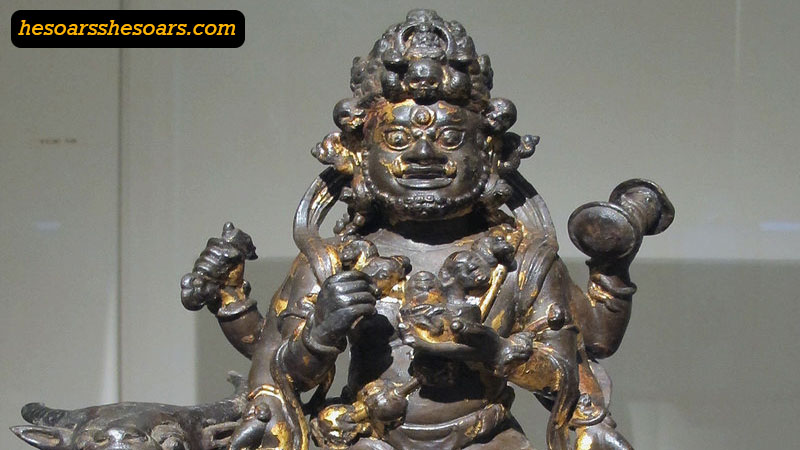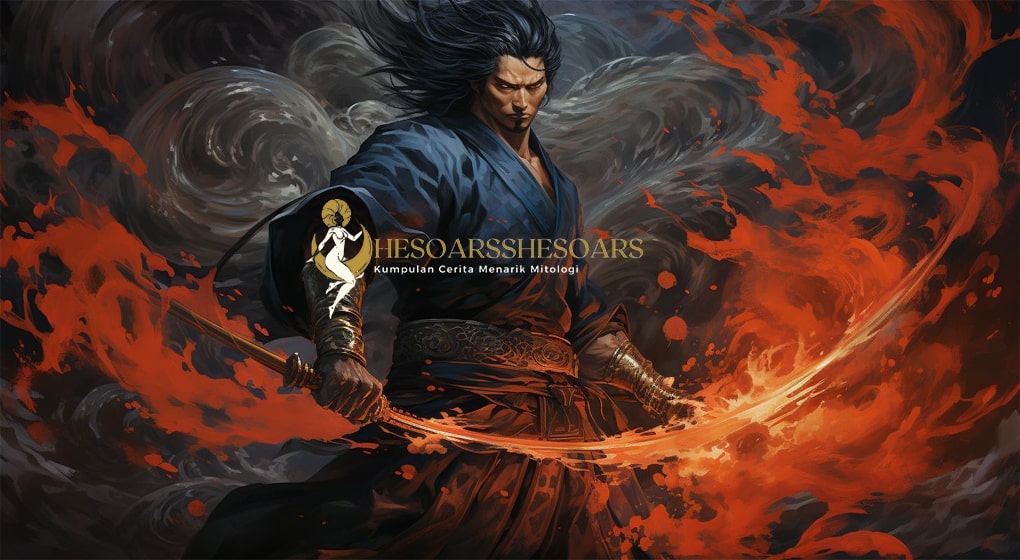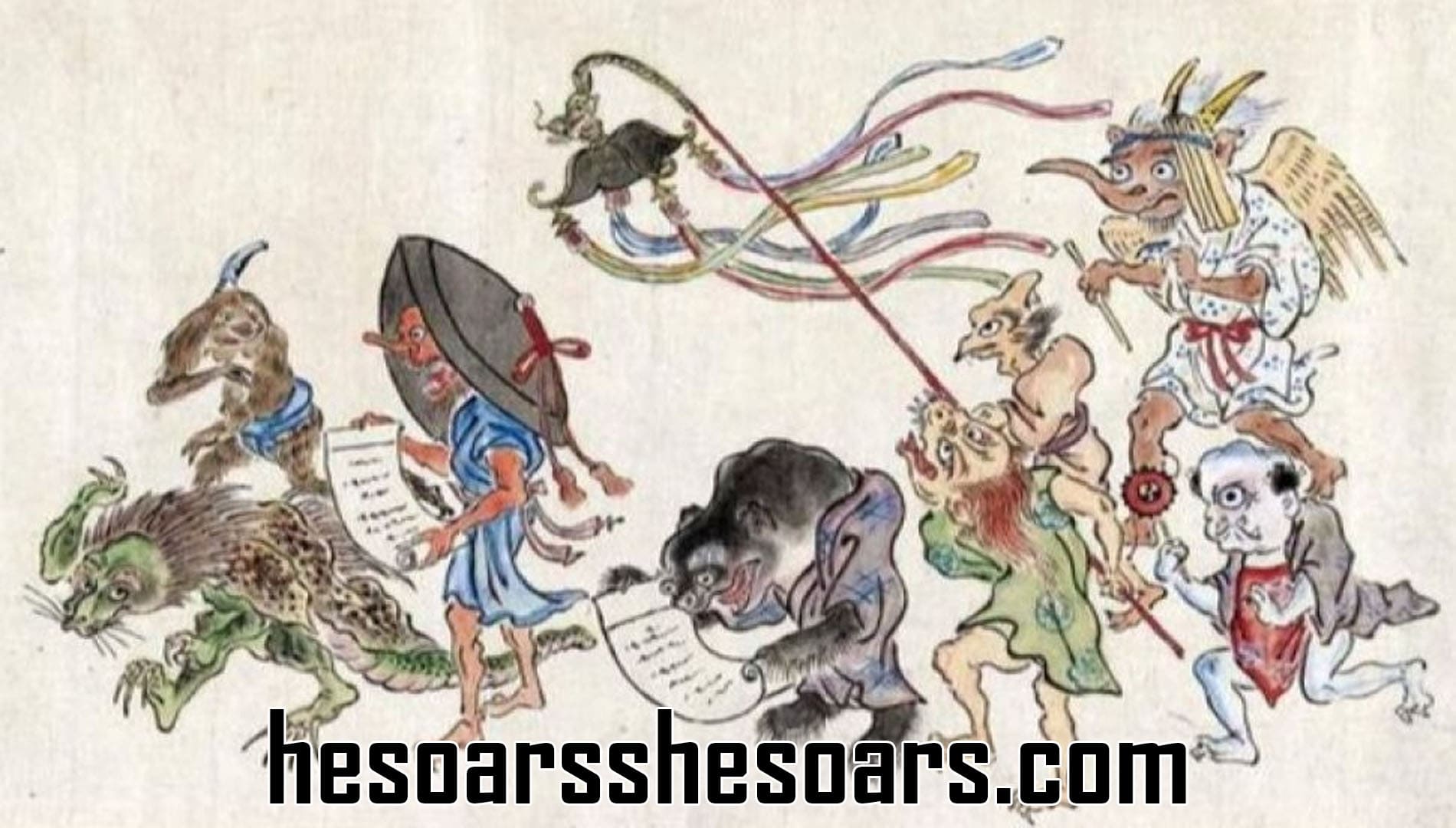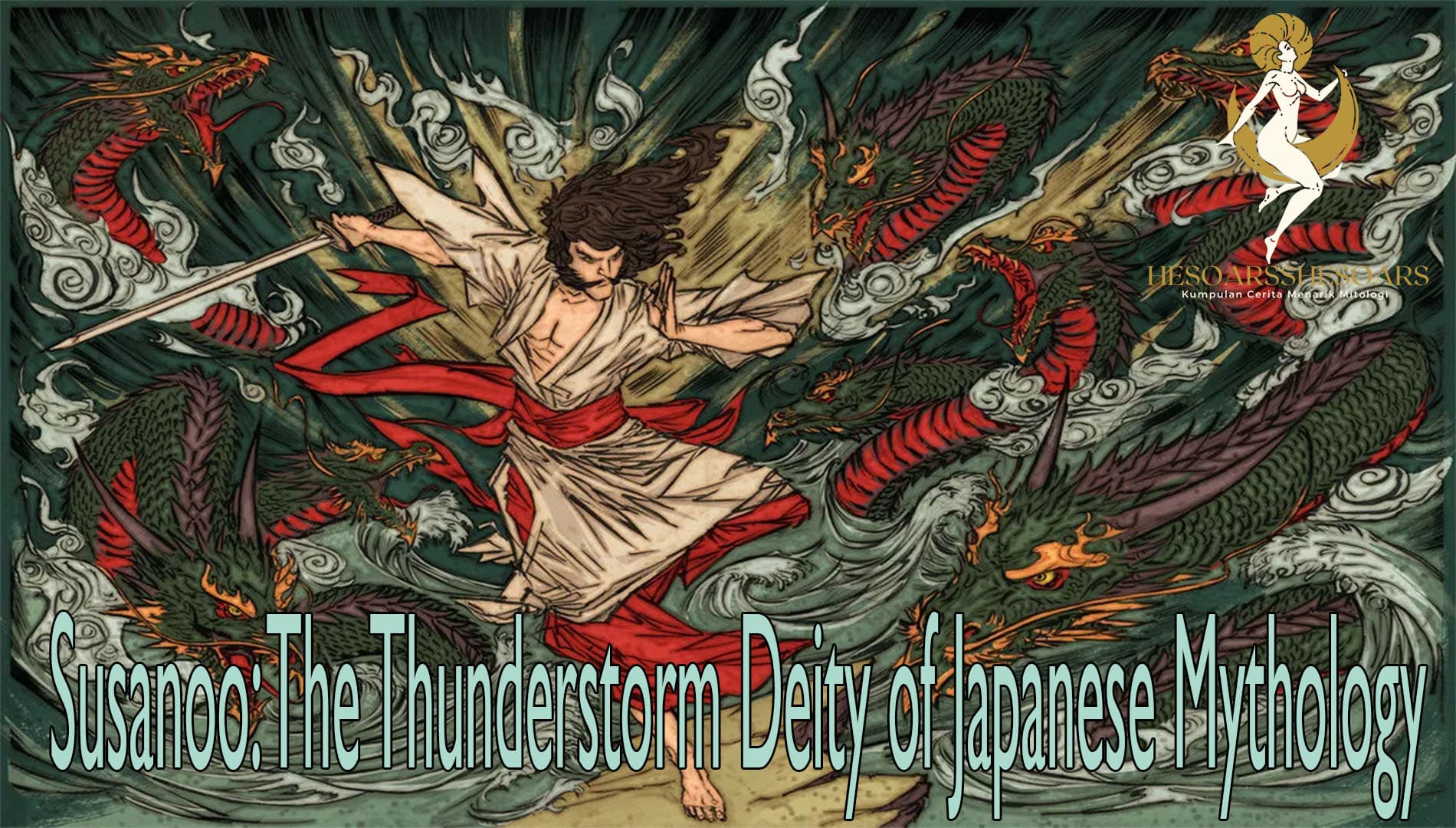Japanese mythology is replete with gods and goddesses. Each carrying unique qualities and symbolism that reflect the cultural and spiritual values of Japan. Among these deities, Daikokuten stands as a prominent figure, revered for his association with prosperity, wealth, and abundance. In this article, we will delve into the life, characteristics, and cultural significance of Daikokuten in Japanese mythology.
Origins of Daikokuten
Daikokuten. Also known as Daikoku, is one of the Seven Lucky Gods (Shichi Fukujin) in Japanese folklore. Which is. A group of deities believed to bring good fortune and blessings to those who venerate them. His origins can. Be. Traced. Back to Hindu mythology. Where he. Was. Known. As Mahakala. A deity associated with time and transformation. Over time, Mahakala’s character evolved in Japan to become Daikokuten, a god of wealth and prosperity.
Attributes and Depictions
Daikokuten is often. Depicted as a plump and jolly deity with a wide smile on his face. He is. Typically portrayed. Standing or sitting on bales of rice, symbolizing abundance and sustenance. In one hand. He holds a magic. Mallet known. As an “uchide no kozuchi,” which. Is. Believed. To grant wishes and bring wealth. In his other hand, he holds a bag of treasures, representing his ability to dispense riches to those in need.
The Daikoku Festival
The Daikoku. Festival, also known. As Daikoku Matsuri. Is. Celebrated in. Japan to honor and seek the blessings of Daikokuten. This festival is held annually on January 9th in various parts of Japan, including Tokyo and Kyoto. During the festival, people pray for prosperity, good fortune, and a bountiful harvest in the coming year.
Association with the Kitchen God
Daikokuten is often linked with the Kitchen God (Zaoshen or Kamado-no-Kami) in Japanese culture. The Kitchen God is believed to oversee the household’s well-being, especially the kitchen and food preparation. In some traditions, Daikokuten and the Kitchen God are considered to be one and the same, emphasizing their roles in providing sustenance and prosperity to the home.
Cultural Significance Daikokuten
Daikokuten’s significance in Japanese culture goes beyond mere material wealth. He embodies the broader concept of prosperity, encompassing physical, spiritual, and emotional well-being. His association with agriculture, particularly rice, underscores the importance of agriculture in Japanese society and the role it plays in providing sustenance.
Furthermore, Daikokuten’s joyful and benevolent nature reflects the Japanese value of harmony and contentment. His presence in homes and businesses is believed to promote an atmosphere of positivity and abundance.
Conclusion Daikokuten
Daikokuten, the deity of prosperity and abundance in Japanese mythology, is a symbol of hope and well-being. His portrayal as a plump, cheerful figure reminds people of the importance of joy and contentment in their pursuit of prosperity. The annual Daikoku Festival serves as a reminder of the enduring cultural significance of this deity, as people gather to seek his blessings for a prosperous and harmonious future. Daikokuten’s presence continues to be a source of inspiration for those who strive for both material wealth and spiritual fulfillment in their lives.
